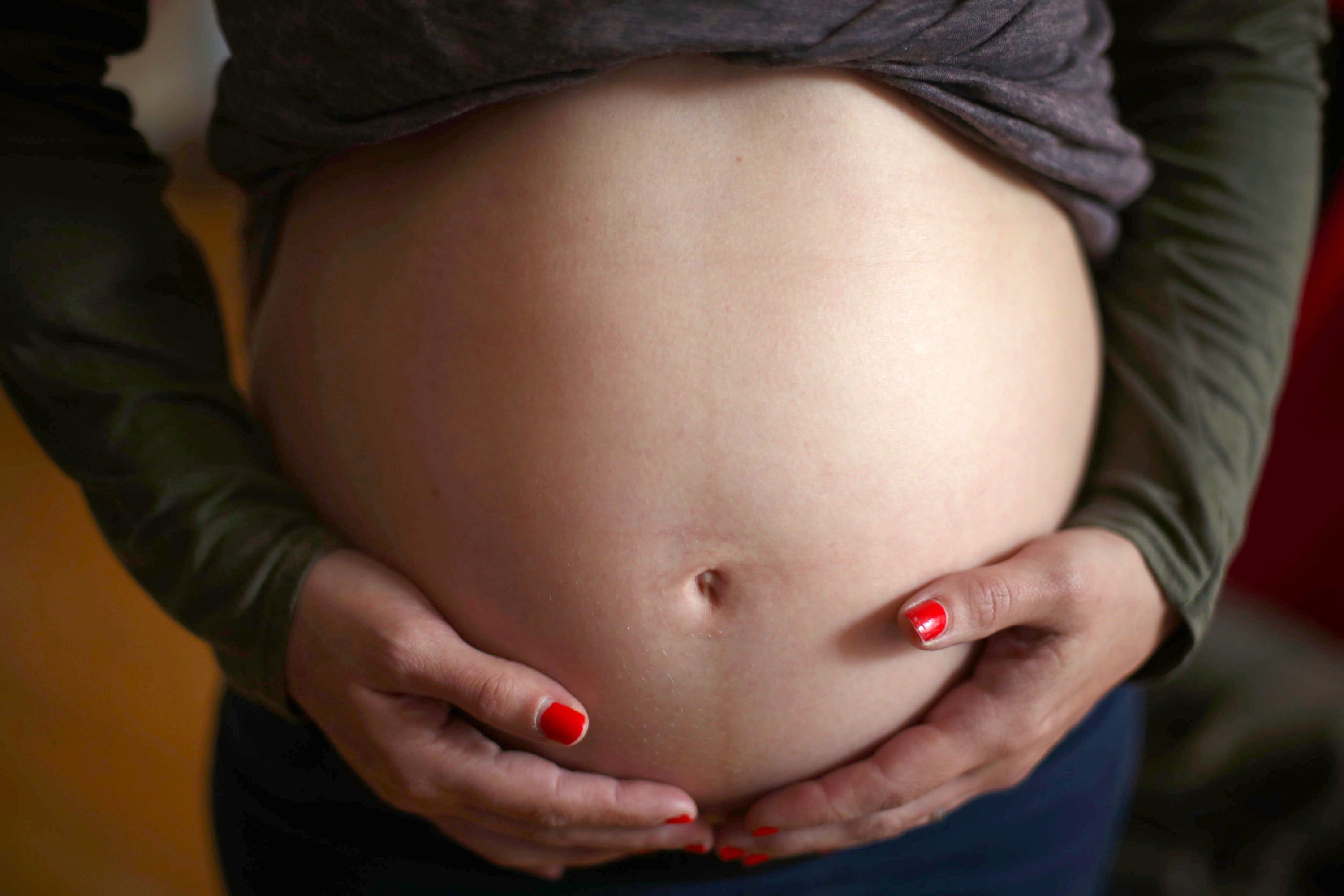Improving diet before and during pregnancy can reduce childhood obesity – study
The research was carried out at the University of Southampton.

Your support helps us to tell the story
From reproductive rights to climate change to Big Tech, The Independent is on the ground when the story is developing. Whether it's investigating the financials of Elon Musk's pro-Trump PAC or producing our latest documentary, 'The A Word', which shines a light on the American women fighting for reproductive rights, we know how important it is to parse out the facts from the messaging.
At such a critical moment in US history, we need reporters on the ground. Your donation allows us to keep sending journalists to speak to both sides of the story.
The Independent is trusted by Americans across the entire political spectrum. And unlike many other quality news outlets, we choose not to lock Americans out of our reporting and analysis with paywalls. We believe quality journalism should be available to everyone, paid for by those who can afford it.
Your support makes all the difference.Helping women to eat healthily before and during pregnancy would reduce the risk of obesity for their children, according to a new study.
Researchers from the University of Southampton found children aged eight or nine were more likely to be obese if their mother had a poor diet during pregnancy and before.
The research, published in the International Journal of Obesity, analysed data on the diets of 2,963 mother-child pairs who were part of the UK Southampton Women’s Survey – a long-running study that tracks the health of mothers and their children.
Mothers who were younger, had attained fewer academic qualifications, smoked and had a higher body mass index (BMI) before pregnancy were more likely to be ranked in a worse diet quality group with their child.
When the children were eight or nine, the researchers assessed the amount of fat tissue in their bodies using a dual-energy X-ray absorptiometry (DXA) scan.
They also calculated the child’s BMI adjusting this to account for their age and sex.
The results showed that if a mother-child pair was in a lower diet quality group, this was associated with the child having a higher DXA percentage body fat and BMI at age eight or nine.
Dr Sarah Crozier, associate professor of statistical epidemiology, said: “Childhood obesity is a significant and growing issue in the UK, causing long-lasting health problems that extend well into adulthood.
“This research shows the importance of intervening at the earliest possible stage in a child’s life, in pregnancy or even before conception, to enable us to tackle it.”